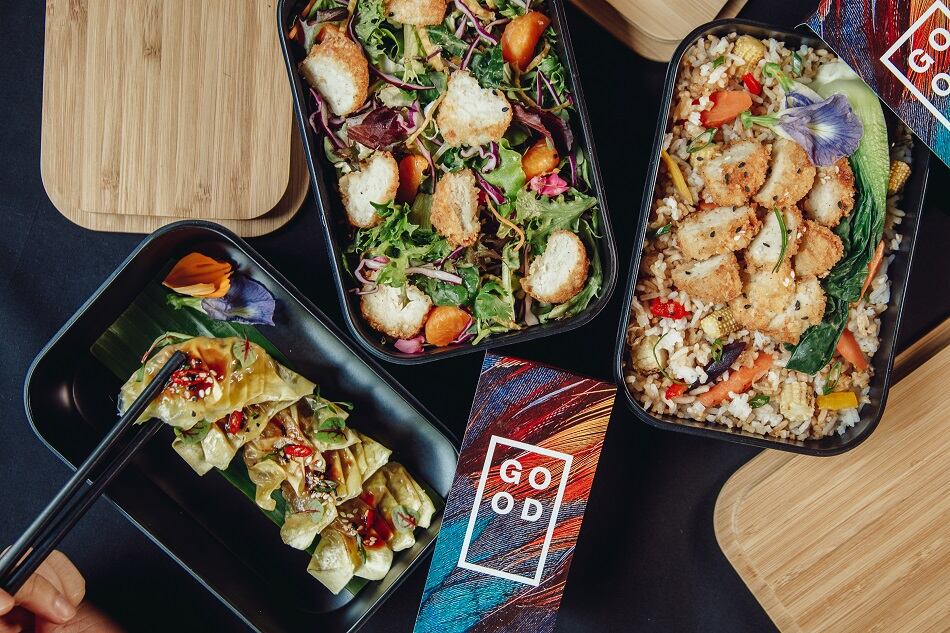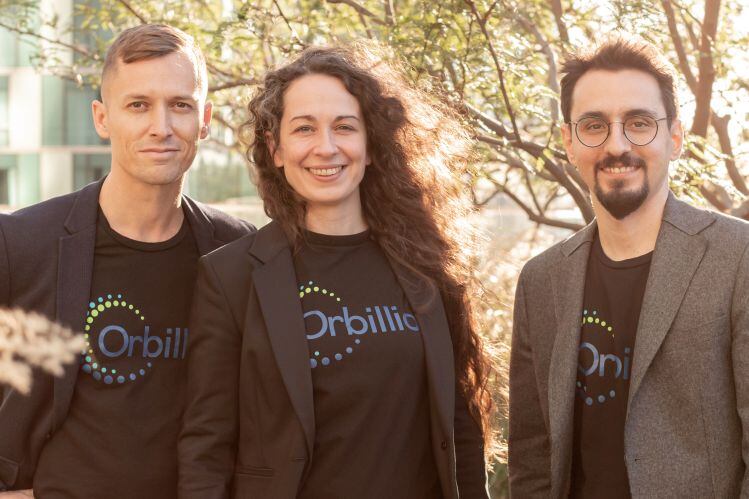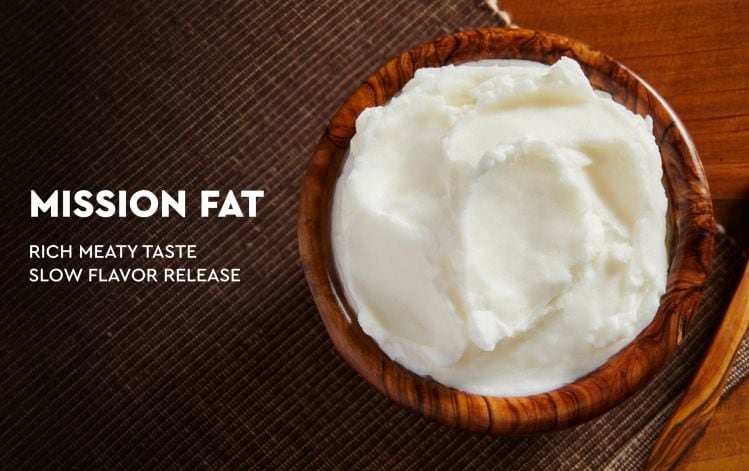With the funding news, GOOD Meat becomes a subsidiary of Eat Just, which announced a $200m fundraise in March.
The latest investment from funds managed by UBS O’Connor, a hedge fund manager within UBS Asset Management,

Graphene Ventures, K3 Ventures and others, will be used to increase capacity and accelerate research and development for meat made without slaughter. ABG, LLC; BofA Securities, Inc.; Guggenheim Securities, and VERSO Capital advised on the transaction.
Josh Tetrick, founder and CEO Eat Just, explains how the big picture goal behind GOOD Meat is to create a future where eating meat that doesn't require the slaughtering of an animal is the norm.
Despite the nascency of the technology (no one has done this at scale) the path to get there, he claims, is straightforward -- albeit capital intensive and reliant on approval from regulatory bodies -- "you need to build a lot of capacity."
A portion of the funding will go towards scaling production capacity at GOOD Meat's two production facilities in Northern California and in Singapore.
Good Meat is currently making its cell-cultured meat in 1,200-liter vessels, but it will soon be able to scale to 50,000+ liter vessels, said Tetrick.
The default option
Just as roughly 20 years ago, only 3% of people could imagine listening to their music on streaming services or after years of resisting electric car technology, General Motors is moving towards an all-electric car future, the same mass adoption reality is possible for cell-cultured meat, said Tetrick.
"All of a sudden the thing that feels like it won’t happen, does happen."
Singapore is providing a good proof of concept and of consumer acceptance for cell-cultured meat as the first market to receive regulatory approval and offer the meat directly to consumers at select restaurants.
Most recently, the JW Marriott Singapore South Beach’s restaurant Madame Fan announced it will replace all conventional meat with cultured meat during set times, a profound step for the industry, notes Tetrick, whose first products are hybrids combining plant-based and cell-cultured meat.
"For us that’s a window into what the world will look like five, 10, 15 years into the future. We see that happening in millions of restaurants across the world.
"Being an option is not enough, being the only option is the goal."
Results from a recent consumer perception study of 2,522 US respondents conducted by a leading management consulting firm in partnership with Eat Just found that 72% of US chicken consumers polled said they would consider purchasing cell-cultured chicken, and 69% expressed a willingness to substitute conventional chicken with cultured meat.
The same survey also polled 103 restaurant owners and operators in the US from mid-scale to high-end restaurants found that 91% of restaurant operators were open to selling cultured meat.
“Cultivated meat can become the default if the industry receives adequate public and private funding to scale up... now the responsibility rests with global leaders to bring this better way of making meat to the masses. For the entire industry, investments and commitments like this continue to signal that this technology is here today rather than some far-off future endeavor," said Tetrick.
I am more recently preferring the term 'cultivated'
Eat JUST regularly performs market research on consumers' attitudes around products like GOOD Meat chicken and the concept of cell-cultured meat. According to Tetrick, the top piece of feedback from consumers is that they want to know more about the process and how exactly cell-cultured meat is made.
"We think a name should reflect what the process is and should be an accurate description of it," said Tetrick, who prefers the term "cultivated" over "cultured" meat.
"I think it [cultivated] more accurately reflects what’s happening and distinguishes it from meat."
Keeping 'a sense of perspective'
While easy to get excited about the novel market of cell-cultured meat which continues to accelerate in investor interest, GFI executive director, Bruce Friedrich, said it's important to keep a sense of perspective until regulatory bodies in other countries approve the food technology for commercial sale.
“Cultivated meat’s market share will remain just a fraction of the overall market for conventional meat unless governments fund basic R&D and incentivize private sector activities that enable the industry to scale," said Friedrich.
The USDA and FDA established a joint regulatory framework for food made with cultured animal cells in early 2019, and have since set up working groups on pre-market assessment; labeling and claims; and the transfer of inspection authority.
And while Tetrick couldn't share when US consumers may get their first taste of GOOD Meat, he did share that the company is working closely with regulators, and that it will be ready to distribute GOOD Meat swiftly when the time comes.
"If it happens tomorrow, we’ll be ready by the end of the week," he said.




